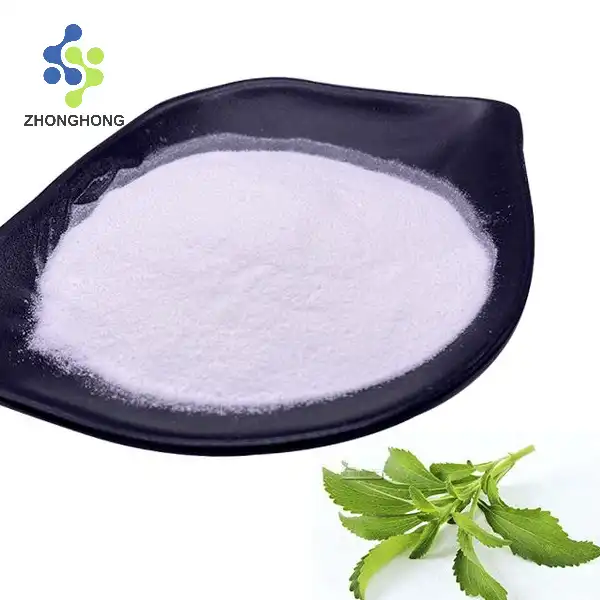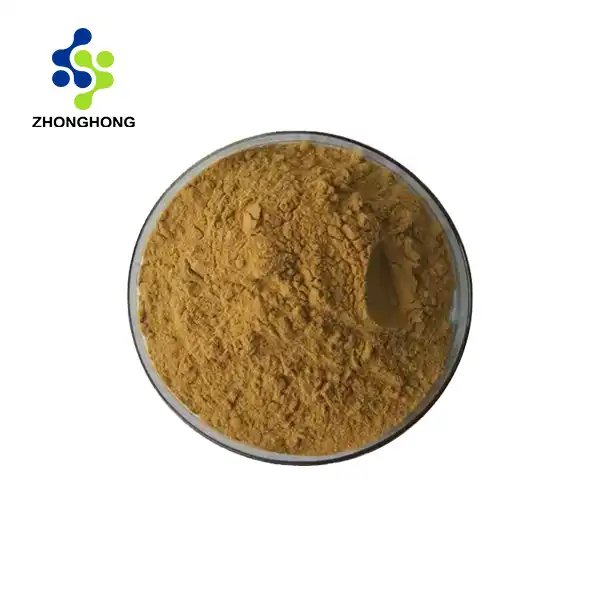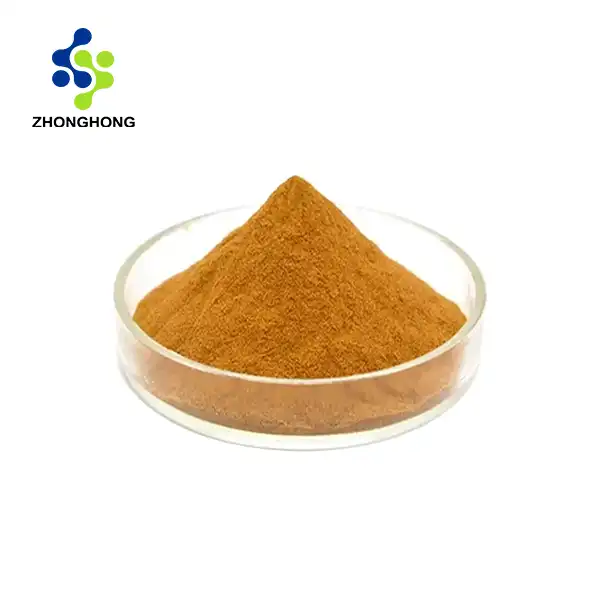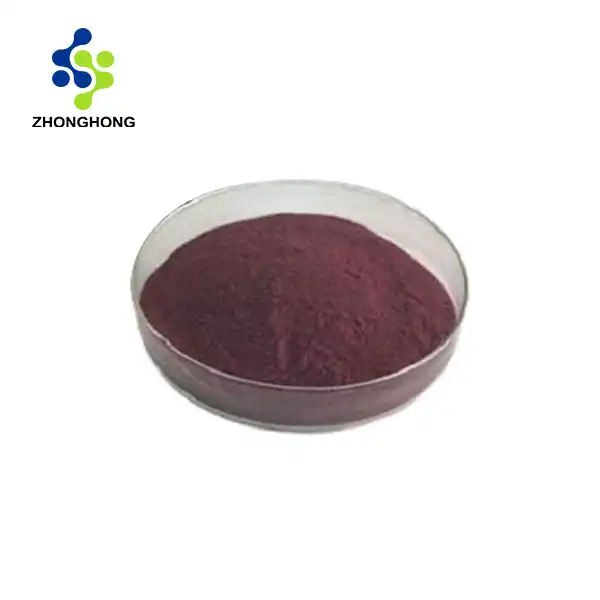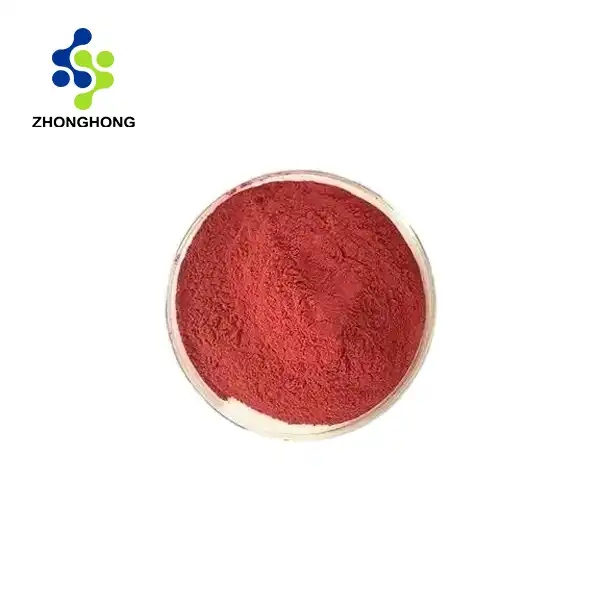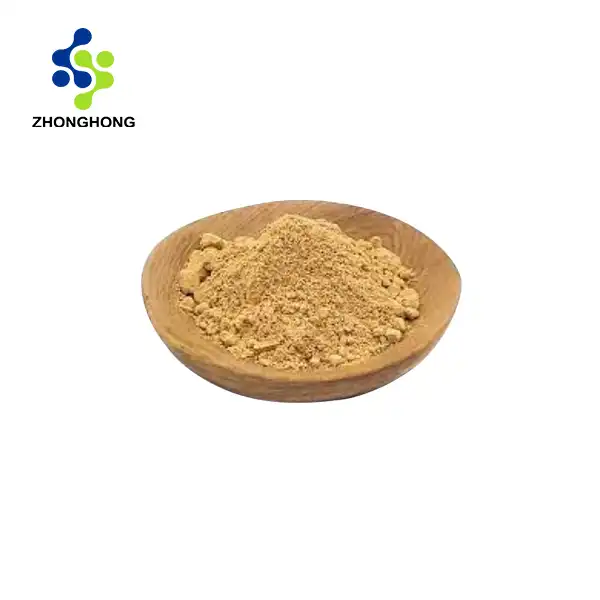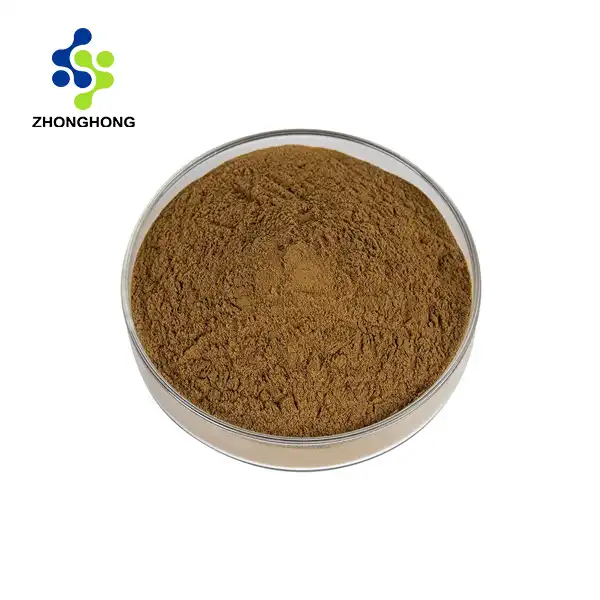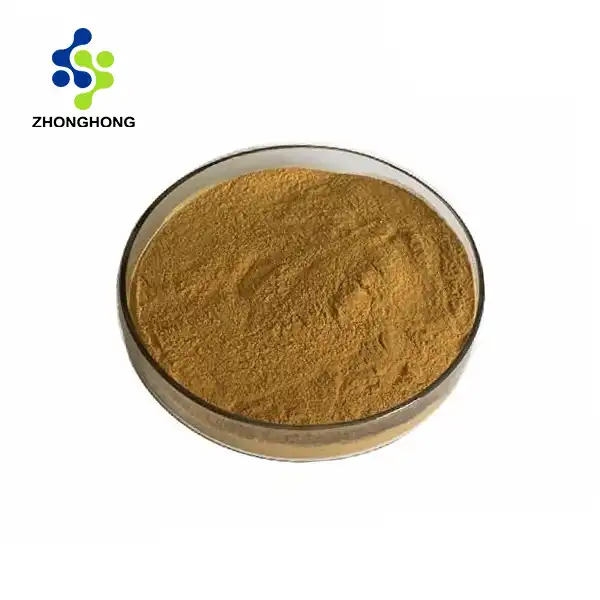Danshen ketone IIA inhibits autophagic apoptosis mediated by Beclin-1 in non-small cell lung cancer
2021-10-08
Danshen ketone IIA inhibits autophagic apoptosis mediated by Beclin-1 in non-small cell lung cancer | Engineering (Bai Shasha, Cui Sainan, et al.) Lung cancer is the leading cause of cancer death, therefore it is necessary to develop a new treatment strategy. Tanshinone IIA (Tan IIA) is an effective ingredient in the commonly used traditional Chinese medicine Danshen, providing a new direction for the development of new strategies for treating lung cancer. Tan IIA can inhibit lung cancer both in vitro and in vivo by inducing autophagic cell apoptosis. Tan IIA increases the expression of apoptotic cells and cleaved caspase 3 and 9 in human non-small cell lung cancer (NSCLC) cell lines, while reducing the ratio of Bcl-2 to Bcl-2 related X protein (Bax) in B-cell lymphoma; The autophagy activator rapamycin can promote this process, while the autophagy inhibitor 3-methyladenine (3-MA) weakens this effect. Tan IIA induces more autophagosomes, upregulates light chain 3 β (LC-3B) I and LC-3B II, reduces the expression of chelator 1 (SQSTM1/p62), and caspase 3 antagonists failed to attenuate this effect. In addition, the experimental results of overexpression of LC-3B gene (LC3B) and downregulation of white phagocytic gene 5 (ATG-5) in cell lines further confirmed that Tan IIA induced autophagy related apoptosis in NSCLC cells. Overexpression and silencing of Beclin-1 significantly weakened the effect of Tan IIA, suggesting that Tan IIA induced autophagy related apoptosis is dependent on Beclin-1. In summary, research has shown that Tan IIA is a potential new anti-cancer treatment option.

_1728976869676.webp)
